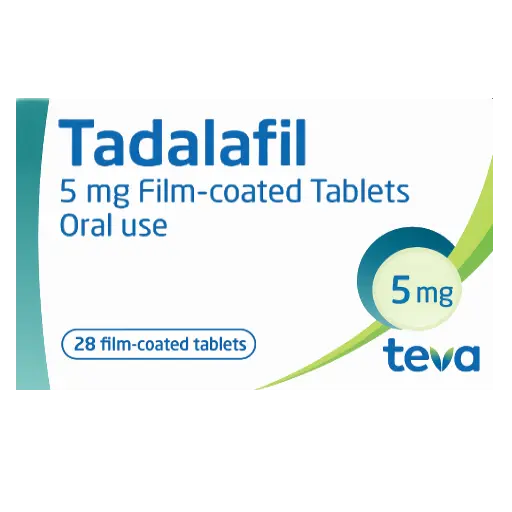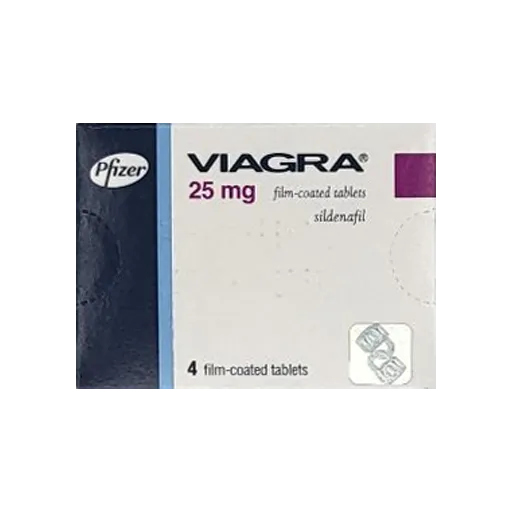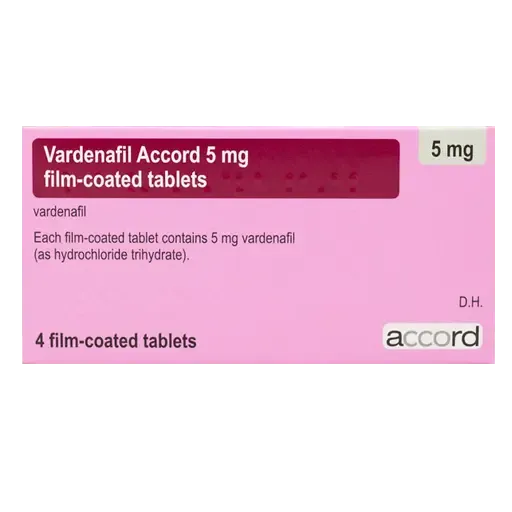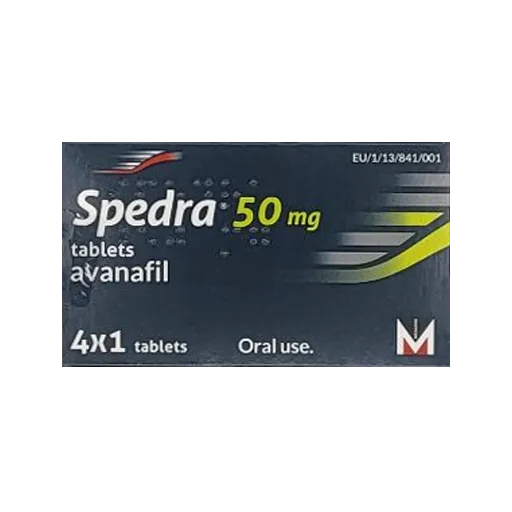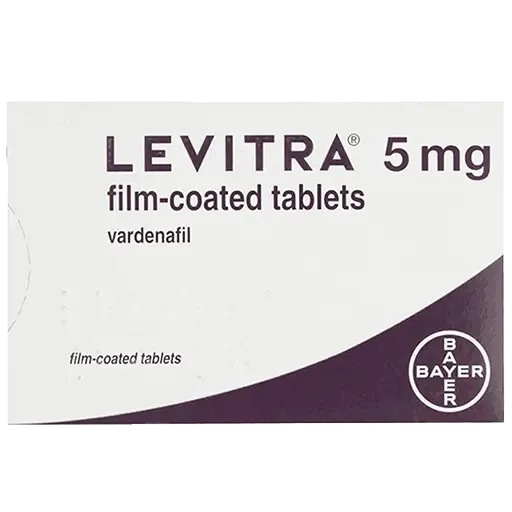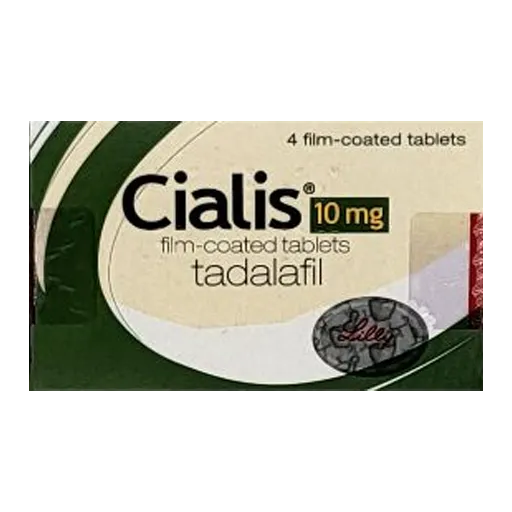erectile dysfunction consultation
Please fill in the questionnaire below. Any information provided will be kept confidential and will only be seen by a prescriber. These questions are designed to give our prescriber enough information to make a decision on whether the treatment is suitable, please fill them in truthfully.
erectile dysfunction
Erectile dysfunction (ED) is the inability to get and keep an erection firm enough for sex. Erection problems are very common, particularly in men over 40 and generally isn't a cause for concern. If it is an ongoing issue, it can cause stress, affect confidence and possibly relationship problems. It could also be the sign of an underlying health condition that needs treatment. A change in lifestyle factors can resolve the issue in some cases, theres also prescription medicines available to treat the problem.
-
POM
-
POM
-
POM
-
POM
-
POM
-
POM
-
POM
Erectile Dysfunction
Erectile dysfunction, often called ED, is when a person has trouble getting or keeping an erection firm enough for sexual activity, it is a common issue that affects many men and can happen for various reasons, like stress, health conditions, or even just age. It can affect men of any age but the likelihood of experiencing erectile dysfunction tends to increase with age. Approximately half of all men between the ages of 40 and 70 to some degree.
What are the causes of ED?
ED is usually as a result of reduced blood flow to the penis which can occur do to various underlying factors. The most common underlying causes can be broadly categorized into three groups: physical, psychological, and lifestyle-related.
Physical causes:
- High blood pressure: Chronic high blood pressure can damage the blood vessels, including those that supply the penis.
- Cardiovascular diseases: Conditions like atherosclerosis (hardening of the arteries) can reduce blood flow to the penis.
- Diabetes: This can damage nerves and blood vessels, impacting the ability to maintain an erection.
- Hormonal imbalances: Low testosterone levels or other hormonal issues can contribute to ED.
- Neurological disorders: Conditions such as multiple sclerosis or Parkinson's disease can affect the nerves involved in erections.
- Injuries or surgeries: Damage to the pelvic area, spinal cord, or penis can lead to ED.
Psychological causes:
- Stress and anxiety: Worries about work, finances, or other life aspects can affect sexual performance.
- Depression: This can lower interest in sexual activity and impact erectile function.
- Relationship issues: Conflicts or lack of communication with a partner can lead to performance anxiety.
Life-style related causes:
- Poor diet and lack of exercise: These can lead to health conditions like obesity and cardiovascular problems that impact ED.
- Smoking and alcohol use: Both can affect blood flow and nerve function.
- Recreational drug use: Certain recreational drugs can interfere with sexual function.
- Medicines: Some medicines such as anti-depressants, opioids, finasteride and diuretics can cause ED.
We recommend you try to find the cause of your ED AS Ynderstanding the potential causes allows for a more tailored approach to treatment and can help treatment outcomes.
If you struggle to get an erection at any point e.g. when masturbating the cause is likely to be physical or medicinal, depending on if you take any medication or not. If you can maintain an erection while masturbating but not while with a partner the cause may be psychological and therapy alongside medicinal ED treatments may help.
How do I know if I have erectile dysfunction?
While you can usually self-diagnose ED due to the obvious symptoms, it is important to consult a healthcare provider if you experience any other symptoms or if you experience ED for a long period of time to check for any underlying health conditions.
Here are some steps you can take to better understand your condition:
- Monitor Symptoms: Keep track of how often you experience difficulty getting or maintaining an erection, and note any patterns or triggers.
- Evaluate Lifestyle Factors: Assess your diet, exercise routine, stress levels, sleep quality, and use of substances like alcohol and smoking, as these can impact erectile function.
- Reflect on Mental Health: Consider whether stress, anxiety, depression, or relationship issues might be affecting your sexual performance.
- Check Medications: Review any medications you are taking to see if ED is a known side effect. Common culprits include certain blood pressure medications, antidepressants, and antihistamines.
For a more thorough diagnosis if you visit a doctor they may:
- Take your medical history: The doctor will ask about your symptoms, overall health, and any underlying conditions. They will inquire about your sexual history, including the onset and duration of ED symptoms, and any psychological factors like stress or anxiety.
- Perform a physical examination: A thorough physical exam can help identify potential physical causes. This might include an examination of the penis and testicles, checking for nerve sensations, and assessing blood pressure and heart health.
- Ask for blood tests: Blood tests can help identify underlying health issues such as diabetes, heart disease, low testosterone levels, or other hormonal imbalances.
- Do a psychological evaluation: Since psychological factors can contribute to ED, a mental health assessment may be conducted to identify issues like depression, anxiety, or relationship problems.
They can also perform the following tests to find the cause of your ED:
- Ultrasound: This test can check blood flow to the penis. It is usually performed by a specialist and can help identify vascular problems.
- Nocturnal Penile Tumescence (NPT) Test: This test checks for nighttime erections. If erections occur during sleep, it suggests a psychological cause rather than a physical one.
- Intracavernosal Injection Test: A medication is injected into the penis to stimulate an erection, allowing the doctor to assess blood flow and function.
Erectile dysfunction treatments
There are several effective treatments available for ED, and the right one for you depends on the underlying cause and your overall health. Treatment will usually involve a combination of lifestyle changes and medication which will help maximise treatment outcomes.
The most popular type of medicine taken for ED are Phosphodiesterase type 5 inhibitors (PDE5 inhibitors). This class of medication includes: sildenafil (Viagra), tadalafil (Cialis), vardenafil (Levitra), and avanafil (Spedra). These drugs all act in a similar way and help increase blood flow to the penis.
Sildenafil / Viagra
- Available strengths: 25mg, 50mg and 100mg tablets
- Starting strength: 50mg
- Duration of Effect: between 2 - 5 hours
- Onset of Action: Typically starts working within 30 minutes to 1 hour
Tadalafil / Cialis
- Available strengths: 2.5mg, 5mg, 10mg and 20mg tablets
- Starting strength: 10mg
- Duration of Effect: up to 36 hours
- Onset of Action: Typically starts working within 30 minutes to 1 hour
Vardenafil / Levitra
- Available strengths: 5mg, 10mg and 20mg tablets
- Starting strength: 10mg
- Duration of Effect: up to 5 hours
- Onset of Action: Typically starts working within 30 minutes to 1 hour
- Tends to be less affected by food or alcohol so can be taken with meals or while you are drinking alcohol
Avanafil / Spedra
- Available strengths: 50mg, 100mg and 200mg tablets
- Starting strength: 100mg
- Duration of Effect: up to 5 hours
- Onset of Action: Typically starts working within 15 - 30 minutes
- Spedra works faster than other ED treatment choices
It is important to note the duration of a PDE-5 inhibitor does not mean that an erection will last for the whole time the drug is effective for. Instead, it means that the medication remains active in your body for that period, making it easier to achieve and maintain an erection within that time frame when you are sexually stimulated. The tablets contrary to popular belief will also not cause you to get an erection spontaneously, these tablets will only help you get an erection with arousal or sexual stimulation.
The starting strength should be tried at least 4 times before moving up to another strength, or alternatively a different drug can tried.
There are other treatments options available if none of the above work such as:
- Vacuum Erection Devices (VEDs): These devices create a vacuum around the penis, drawing blood into it and causing an erection.
- Penile Implants: Surgically placed devices within the penis that can be inflated or bent into position as needed.
- Testosterone Replacement Therapy (TRT): If low testosterone levels are causing ED, hormone replacement might be recommended.
- Intracavernosal Injections: Medications like alprostadil are injected directly into the penis to induce an erection.
- Surgery: In rare cases, surgery to repair blood vessels can improve blood flow to the penis.
Will the tablets work?
Most men find that they responed well to PDE-5 inhibitors with a success rate of 74% in some cases. It is all about finding the right treatment and strength for you. Making lifestyle choices will also help improve treatment outcomes and the likelihood of treatment working.
ED treatment side effects
Side effects of PDE-5 inhibitors treatments tend to be mild. Some of the more common side effects inlcude:
- Nausea (feeling sick)
- Flushing
- Nasal complaints (stuffy or runny nose)
The more serious side effects of these medications include:
- An erection that lasts more than 4 hours: this can lead to damage to your penis
- Breathing difficulties, dizziness, swelling of face, lips, or tongue: you may be having an allergic reaction
- Chest pains
- Sudden vision loss in one or both eyes: this sign of a serious eye problem called non-arteritic anterior ischemic optic neuropathy
- Sudden hearing decrease or hearing loss: some people may also have ringing in their ears (tinnitus) or dizziness
